Organizations and individuals selling goods through livestream sessions must register for tax, declare and pay taxes according to the principles of self-declaration, self-payment, self-responsibility and issue full invoices when providing goods and services.

Livestreaming is one of the forms of product advertising and sales. Recently, livestreaming has been widely used by organizations, businesses and individuals to support their business.
The outstanding features of this form are sound, images, direct communication between sellers and buyers via the internet for advertising purposes, increasing the effect from viewers and buyers.
Revenue from online livestream sessions reported on social networks and the press in recent times can be understood as preliminary statistics on the number of responses (comments) and orders from online users to livestream sessions, however, this data has not been determined as actual sales revenue according to the provisions of law.
In addition, the actual revenue of livestream sessions is also affected by a number of factors such as: livestream activities can also use tools and applications to create feedback for advertising purposes, increasing the effect from viewers and buyers; revenue is also affected by customer cancellations after sales.
According to current tax laws, the declaration and payment of taxes by related parties in the livestream session is as follows:
Organizations and individuals selling goods through livestream sessions: Register for tax, declare and pay taxes according to the principles of self-declaration, self-payment, self-responsibility and issue full invoices when providing goods and services.
Other individuals (bloggers, tiktokers, social media influencers, etc.) are paid commissions from livestream sales. These individuals will be subject to the personal income tax law on income from salaries and wages and pay taxes according to the progressive tax schedule with 07 levels (from 5%, 10%, 15%, 20%, 25%, 30% and 35%). In case this commission is paid to a business household, it will be considered as revenue from business activities if the business household is registered to do business in the appropriate industry, has registered for business household tax and is being managed by the tax authority in the form of a stable household contract or is a declaring household, in this case the business household declares and pays tax at the rate of 7% (5% VAT and 2% personal income tax).
For cases where individuals receive commissions subject to adjustment of personal income tax from salaries and wages, organizations and enterprises paying commissions are responsible for declaring and deducting personal income tax from salaries and wages according to regulations.
Collecting taxes on livestream sales is still difficult
Tax management of KOLs (Knowledgeable People), KOCs (Key Account Operators), Youtubers, Tiktokers and celebrities who receive income from conducting reviews, advertising and having large livestream sessions to sell products on social media platforms is still facing difficulties.
Livestream sales on social media platforms such as Facebook, Tiktok, etc. are becoming a new business trend. However, with the support of technology, many livestream sessions take place spontaneously and end quickly. When finished, the livestreamer deletes the link. This makes it difficult for management agencies to determine the information of the livestream unit and the value of goods transacted through the livestream session.
For taxpayers engaged in e-commerce business that hire units to provide COD delivery services, the tax authority requests these delivery units to provide a list of taxpayers engaged in e-commerce business (details include: business name, individual; tax code; amount collected, contract to hire delivery units to collect cash on delivery, etc.), but the delivery units have not provided or have provided but not enough information. Therefore, it is difficult for the tax authority to accurately determine the names of organizations and individuals engaged in e-commerce business in general or sellers via livestream in particular to manage e-commerce tax according to current regulations.
When identifying the subjects selling via livestream and these subjects are notified by the tax authority to work. However, in many cases, the subjects do not cooperate or provide incomplete information related to revenue, number of orders, type of goods, etc. Therefore, it is very difficult for local tax authorities to determine revenue and tax payable, wasting a lot of human resources in reviewing, checking and determining.
The tax authority has information about taxpayers who sell goods via livestream, has information about the taxpayer's bank account number, and makes a written request to the bank to provide information. While there are many taxpayers' bank accounts that the tax authority does not have, leading to the risk of tax handling when there is not enough revenue from the taxpayer, in some cases, commercial banks request that the tax authority, when wanting to provide taxpayers' transaction information, must attach an inspection plan, examination or decision to examine/audit the taxpayer. This makes it difficult for the tax authority to collect information from taxpayers who have e-commerce activities.
Some tax authorities have difficulty in reviewing and searching for taxpayer information based on data provided on the tax authority's centralized data warehouse or taxpayers do not comply with fully declaring data on income sources from many places, taxpayers' compliance with tax declaration and payment is still low, the data to be reviewed is large but human resources cannot meet the requirements, and propaganda work for taxpayers has not met the requirements of tax management for sales activities via livestream.
Enriching data warehouse to enhance tax management efficiency
Tax authorities use statistical tools and online e-commerce data analysis (such as: Metric.vn, Kalodata.com, etc.) to determine and estimate income, and capture information about individual and organization booths through selling goods and affiliate marketing from livestream activities.
Taxpayers will normally use the same store name to do business on e-commerce platforms such as Shopee and Lazada, so tax authorities will look up store information on the tax industry's centralized database to retrieve contact information to perform tax management.
Coordinate with other management units such as market management, customs, and investigation agencies to exchange information and coordinate screening of subjects with income from Livestream sessions.
In case the taxpayer does not comply with the request of the tax authority. The tax authority conducts a tax inspection at the taxpayer's headquarters and transfers the case to the investigation agency when there are signs of intentional violation of the law.
Tax authorities apply risk management in tax administration, using risk analysis criteria to select taxpayers for inspection and verification such as large revenue, clear information and address, etc.
On that basis, analyze, evaluate and select subjects with high risk factors, subjects with large income differences to focus on, focus on as models, and at the same time, when there are factors that intend to violate the law, actively transfer the case to the investigation agency.
In addition, for cases that have been administratively and criminally handled, tax authorities coordinate with press and media units to widely inform taxpayers about the risks of non-compliance with tax laws. Thereby, improving compliance and reducing the pressure on tax authorities' responsibility for review.
Continue to research ways to scan and estimate business revenue on online e-commerce data analysis and statistics tools (such as: Metric.vn, Kalodata.com, etc.) to build industry applications to serve data collection.
Continue to organize and work with foreign suppliers providing online platforms in Vietnam with livestream sales activities (such as Tiktok...) to exploit statistical data information on income of individuals and organizations participating in livestream activities in Vietnam, on the basis of additional analysis of the database, continuing to enrich the centralized database of the tax sector to serve tax management.
Source








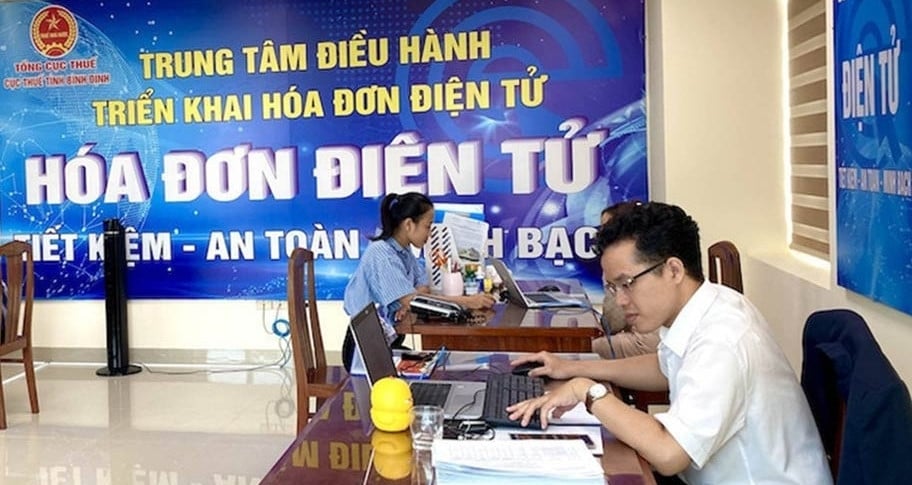


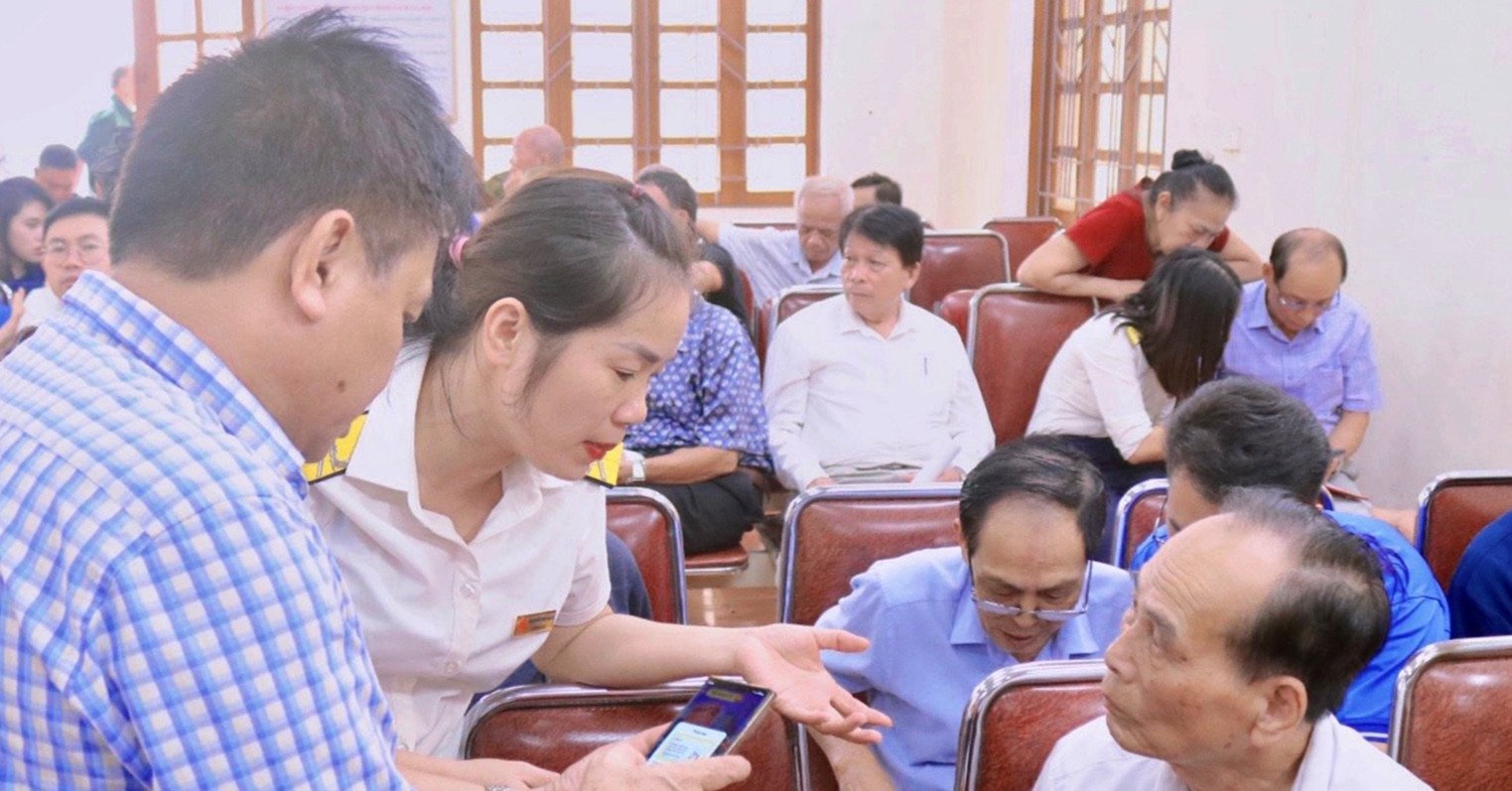
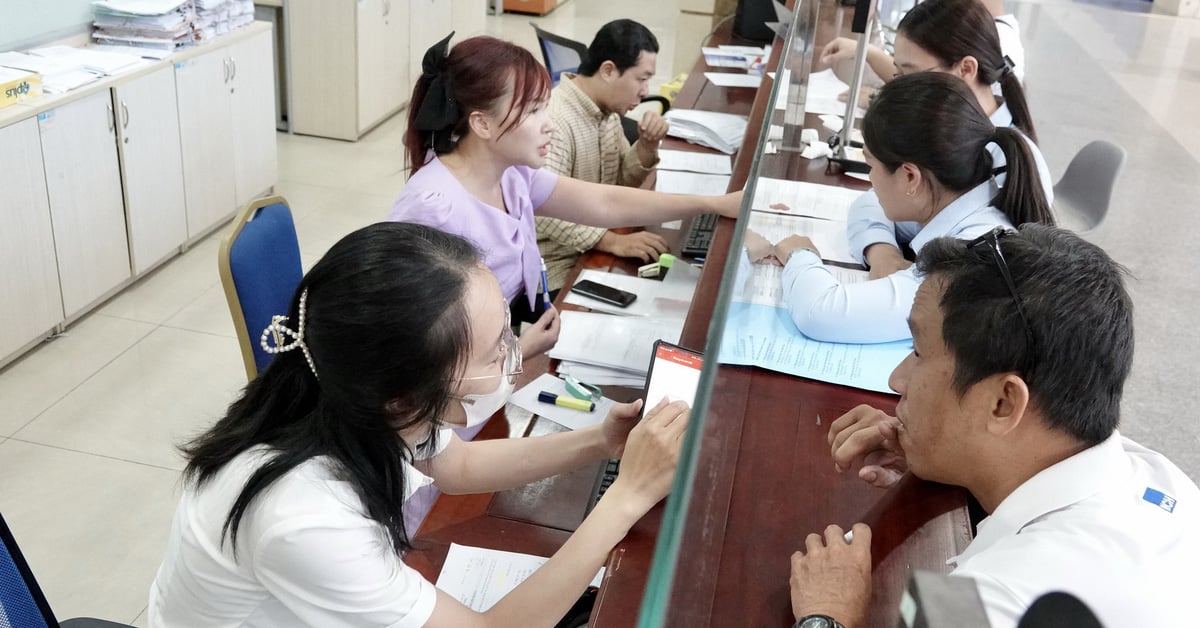

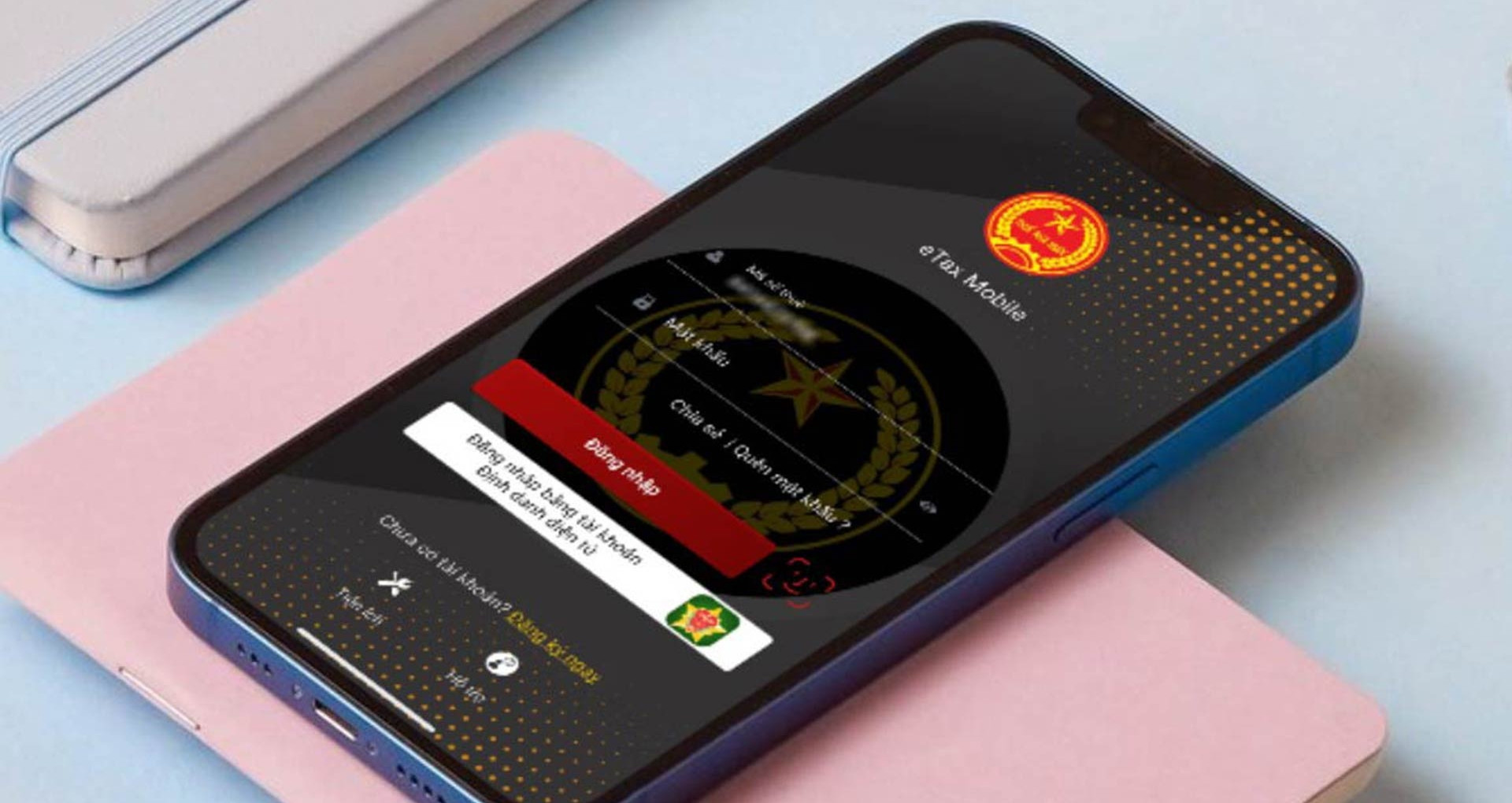




















![[Photo] Prime Minister Pham Minh Chinh chairs Government Conference with localities on economic growth](https://vstatic.vietnam.vn/vietnam/resource/IMAGE/2025/2/21/f34583484f2643a2a2b72168a0d64baa)















































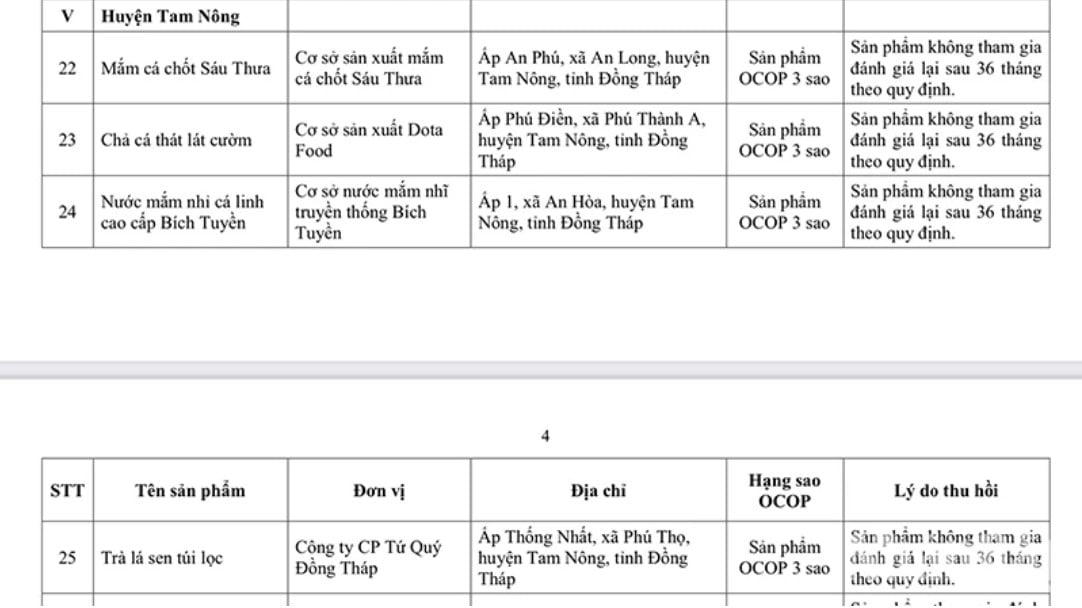


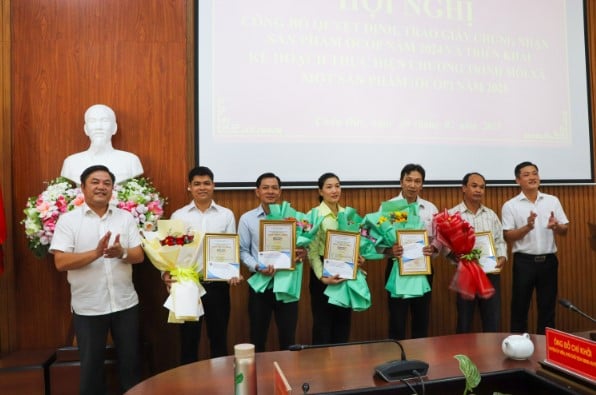

Comment (0)